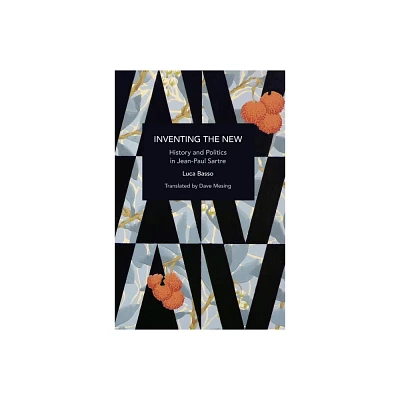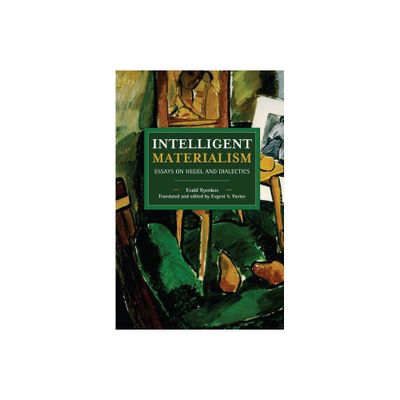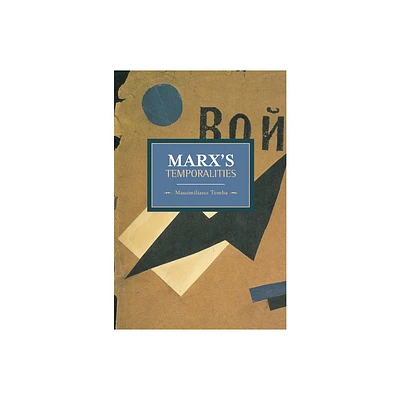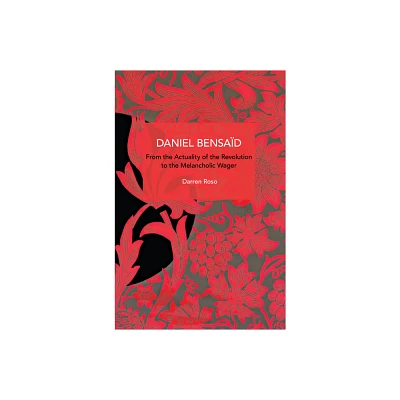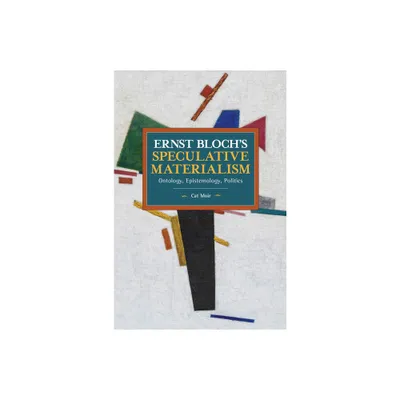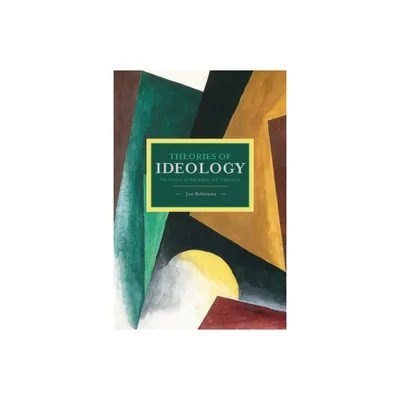Home
Genders 24: On Your Left: The New Historical Materialism
Loading Inventory...
Barnes and Noble
Genders 24: On Your Left: The New Historical Materialism
Current price: $89.00


Barnes and Noble
Genders 24: On Your Left: The New Historical Materialism
Current price: $89.00
Loading Inventory...
Size: Hardcover
*Product Information may vary - to confirm product availability, pricing, and additional information please contact Barnes and Noble
In these spirited and powerfully written essays, a new generation of intellectuals makes its mark, challenging conservatives and liberals alike to chart a new course for a responsible politics in contemporary society. A new intellectual movement on the left emerges here. No longer trapped by the old polarizing antagonism between Marxism and feminism, these authors demonstrate as never before the need for an awaremess of gender as it affects every aspect of our society. At the same time, these paradigmatic essays map out a new terrain for feminist thinking, one that fully recognizes the complex workings of gender and leaves oppositional feminism far behind.
In the keynote essay, Ambivalence as Alibi, Rosemary Hennessy challenges the most basic assumptions of postmodern sophistication to forge a compelling sytheseis of political, economic, and artistic theory. Betty Joseph, Jennifer Brody, and Poonam Pillai break through the shibboleths of Western liberal tolerance to describe gender inequalities that are intrinsically inter-cultural. Eileen Cleere demonstrates that novels are an important source for understanding how people interpret the economic conditions in which they live, linking social history and literary criticism in a provocative new way. Bridget Elliott uncovers the unusual social and artistic imagination of Marie Laurencin, an artist who was both working-class and avant-garde, and who makes us rethink basic assumptions of artistic form in the visual representation of women. Laura Lyons, analyzing the no-wash protest among IRA prisoners, discovers a new kind of political protest that draws on performance art and the discourse of the body for its political symbolism. And Joseph Litvak, in a highly suggestive critical reading, makes us wonder if the New Historicism may possibly owe its greatest debt to the charming young men of Jane Austen's fictitious world.
[ go to the Genders website ]
In the keynote essay, Ambivalence as Alibi, Rosemary Hennessy challenges the most basic assumptions of postmodern sophistication to forge a compelling sytheseis of political, economic, and artistic theory. Betty Joseph, Jennifer Brody, and Poonam Pillai break through the shibboleths of Western liberal tolerance to describe gender inequalities that are intrinsically inter-cultural. Eileen Cleere demonstrates that novels are an important source for understanding how people interpret the economic conditions in which they live, linking social history and literary criticism in a provocative new way. Bridget Elliott uncovers the unusual social and artistic imagination of Marie Laurencin, an artist who was both working-class and avant-garde, and who makes us rethink basic assumptions of artistic form in the visual representation of women. Laura Lyons, analyzing the no-wash protest among IRA prisoners, discovers a new kind of political protest that draws on performance art and the discourse of the body for its political symbolism. And Joseph Litvak, in a highly suggestive critical reading, makes us wonder if the New Historicism may possibly owe its greatest debt to the charming young men of Jane Austen's fictitious world.
[ go to the Genders website ]
